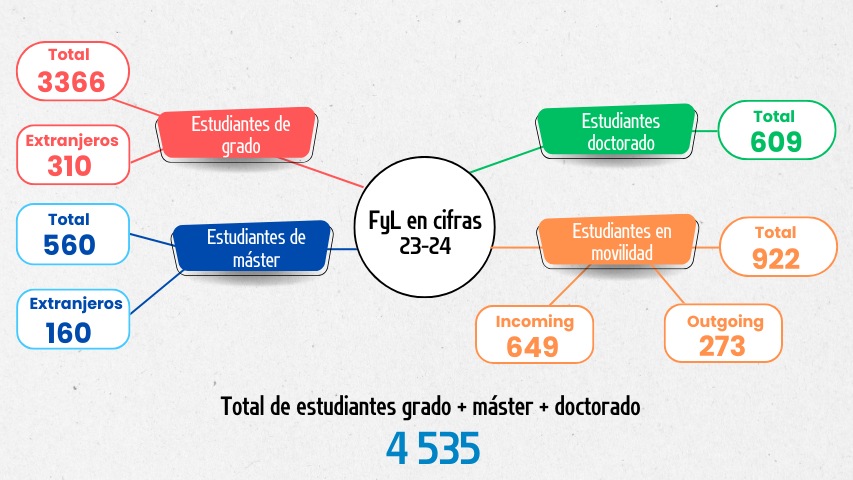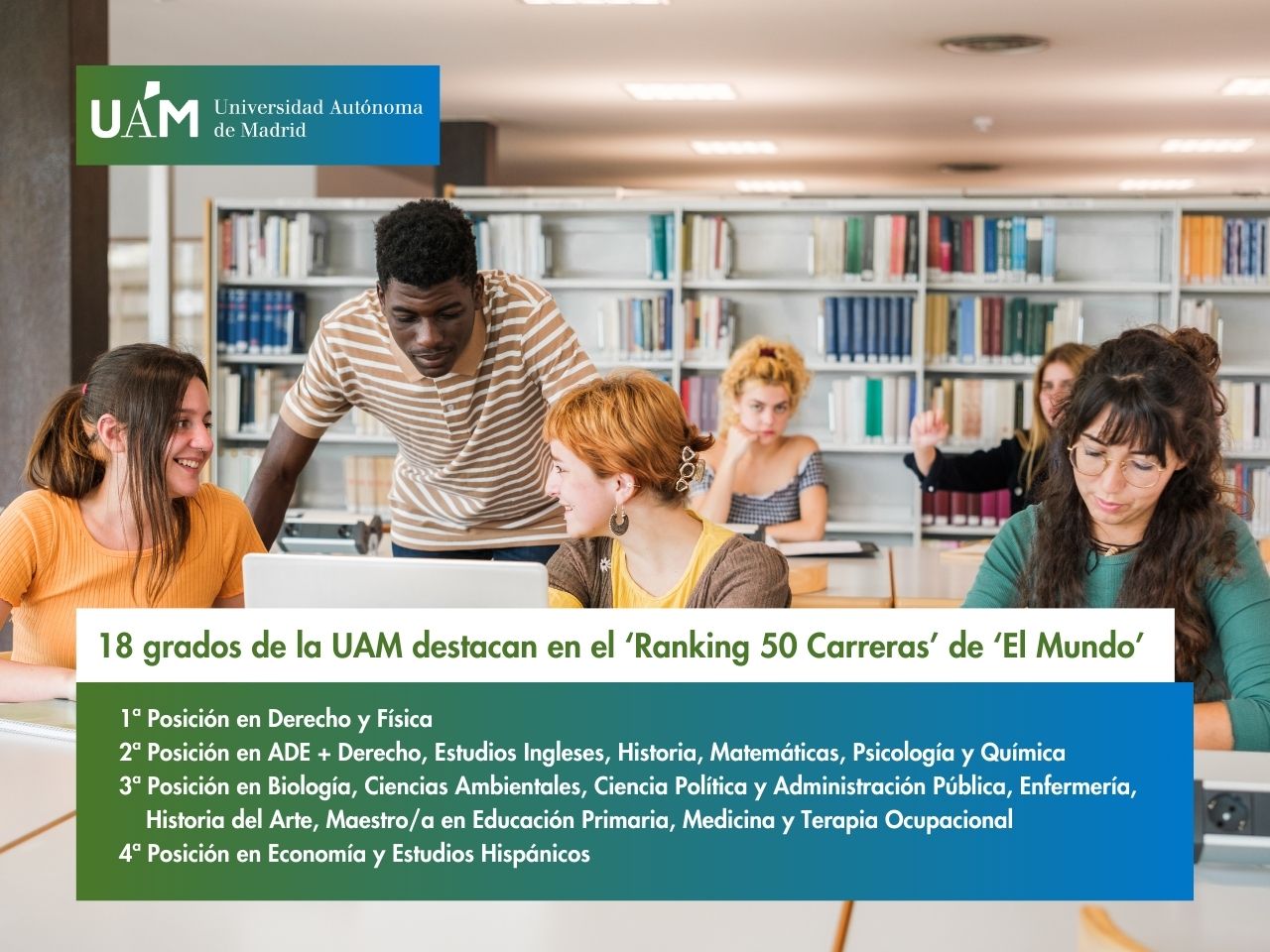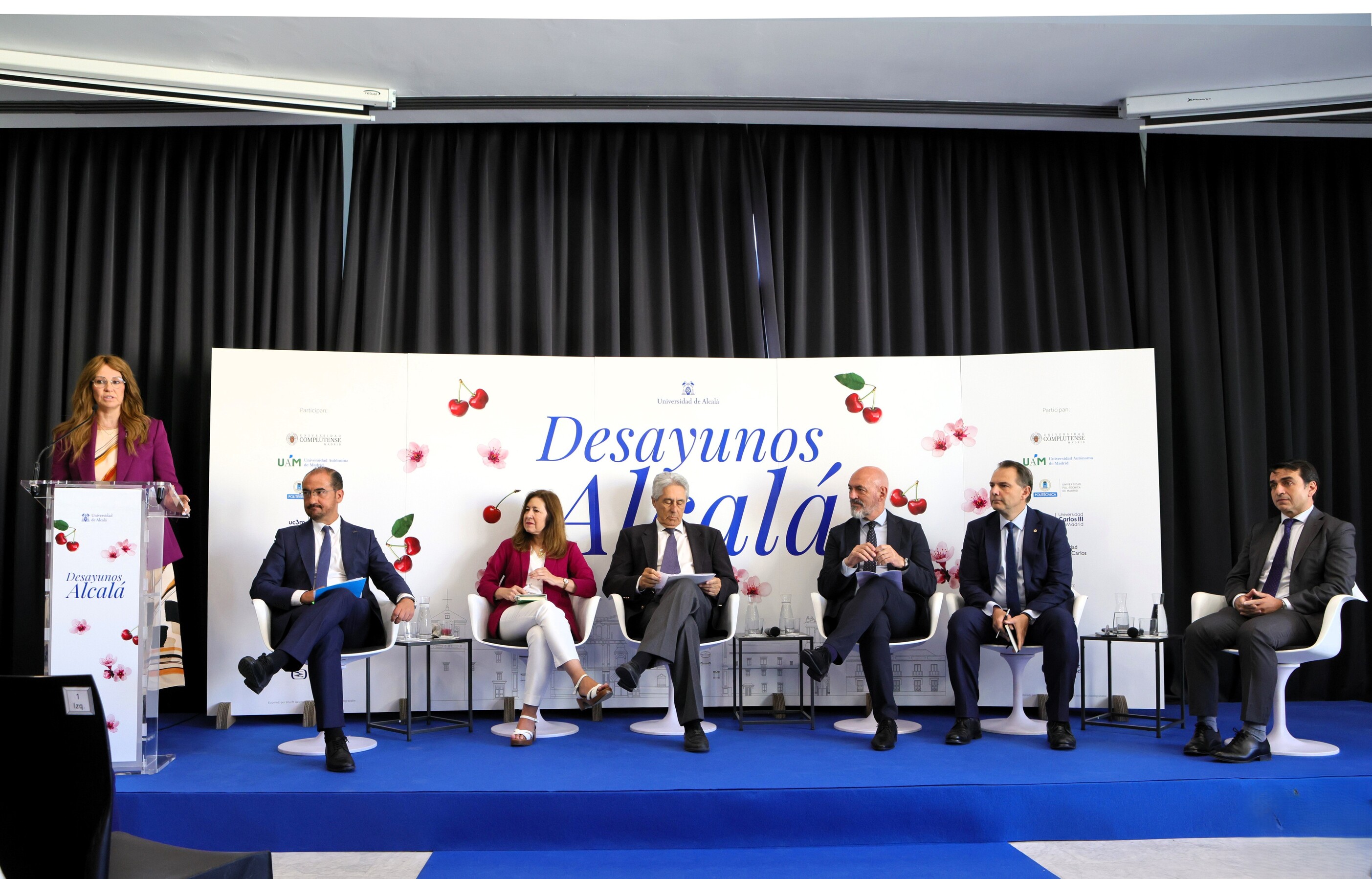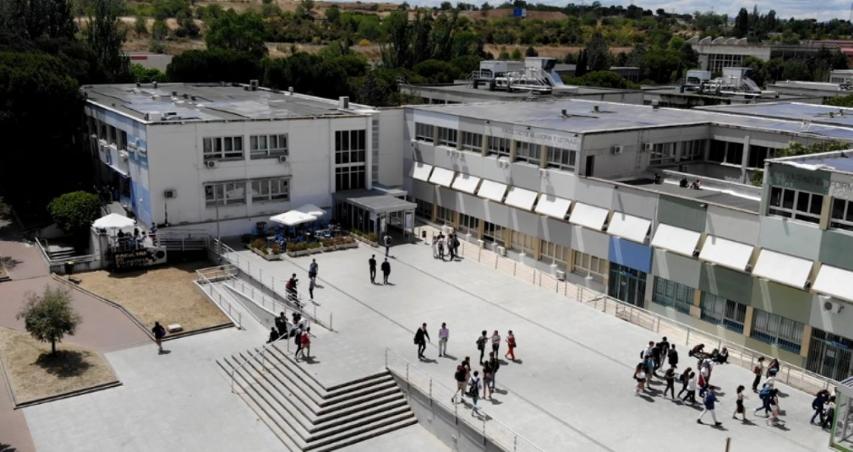Agenda
No te pierdas ninguno de los eventos que semanalmente se organizan en la Facultad de Filosofía y Letras.
Para solicitar la difusión de cualquier actividad o evento, rellena y envía, por favor, el formulario que encontrarás en este enlace. Gracias.









